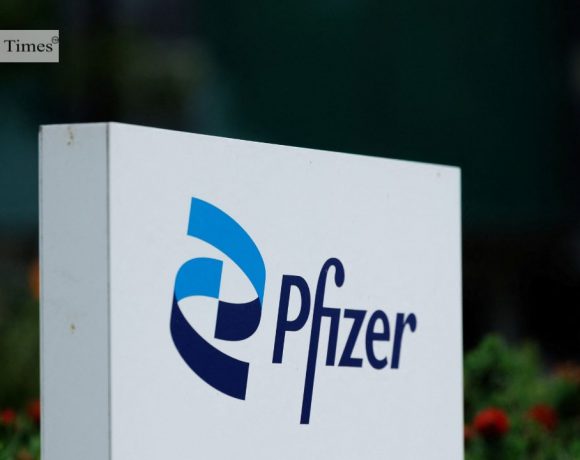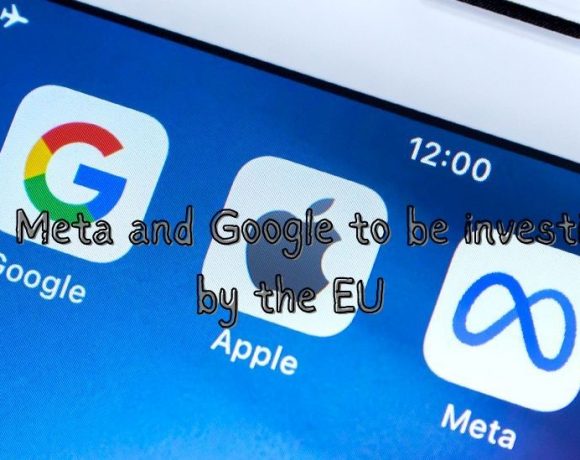
Pfizer is preparing to raise its offer for obesity drugmaker Metsera after a U.S. judge refused to block rival Novo Nordisk’s $10 billion bid, according to a source. The pharmaceutical giant is scrambling to keep its takeover plans alive as its current merger agreement with Metsera is set to expire at midnight ET without an improved proposal. The fierce competition reflects the companies’ push to secure a foothold in a rapidly expanding obesity treatment market projected to reach $150 billion by the early 2030s.
The bidding war, which began privately in January, escalated into public view when Novo launched an unsolicited proposal last week—its seventh attempt—undermining Pfizer’s earlier $7.3 billion deal. Both companies raised their offers on Tuesday, with Pfizer valuing Metsera at up to $8.1 billion and Novo offering a mix of upfront cash and milestone-based payments. The uncertainty has caused Metsera’s stock to swing, falling 2.5% Wednesday before rising in after-hours trading.
Regulatory challenges are adding further complications. The U.S. Federal Trade Commission warned that Novo’s deal structure may violate antitrust rules without proper premerger review, while Pfizer’s claim that the rival offer is illegal was rejected in court. As Pfizer seeks to overcome past setbacks in the obesity space and Novo tries to regain ground lost to Eli Lilly, control of Metsera—and its next-generation GLP-1 drug pipeline—remains hotly contested.
Pic Courtesy: google/ images are subject to copyright

